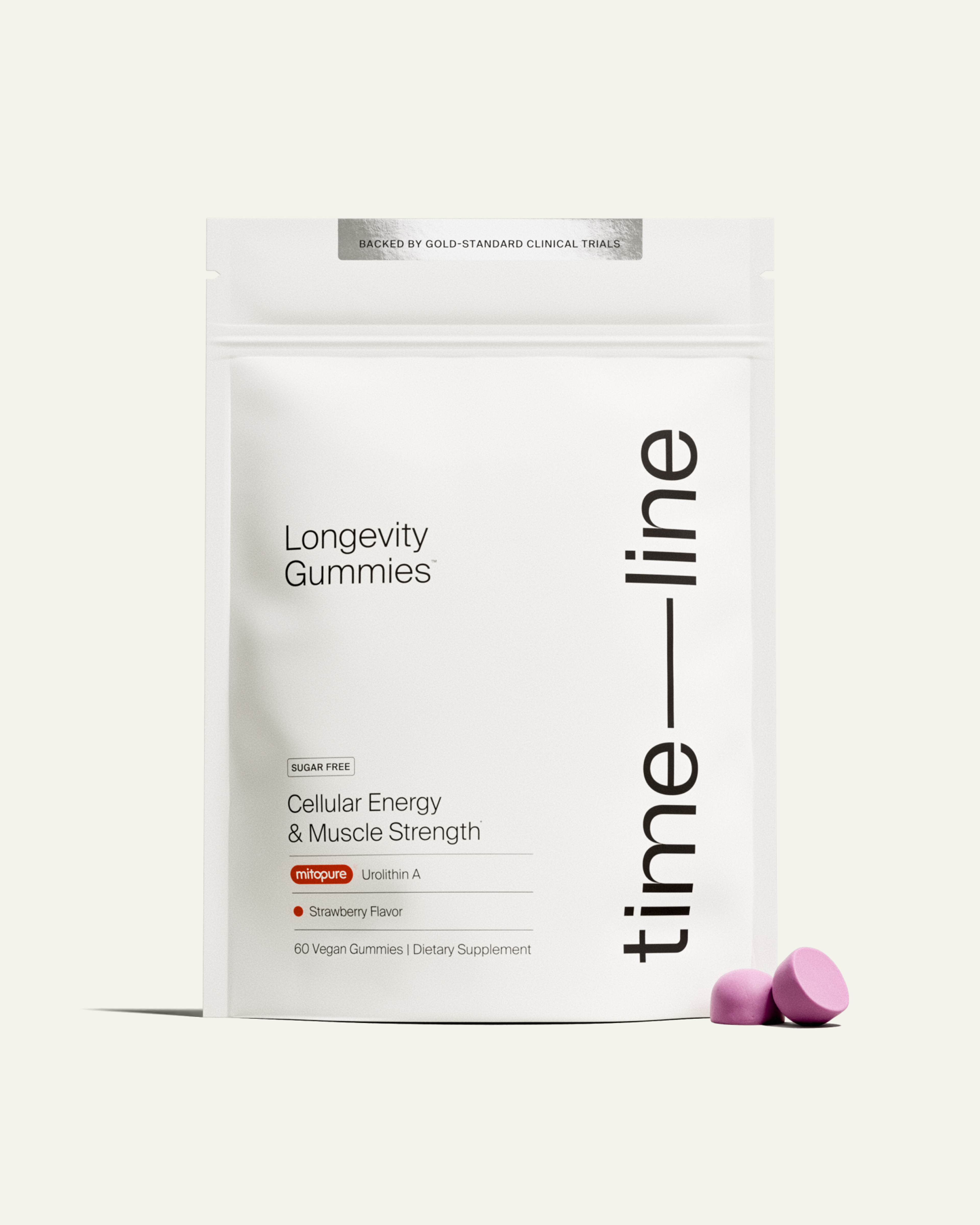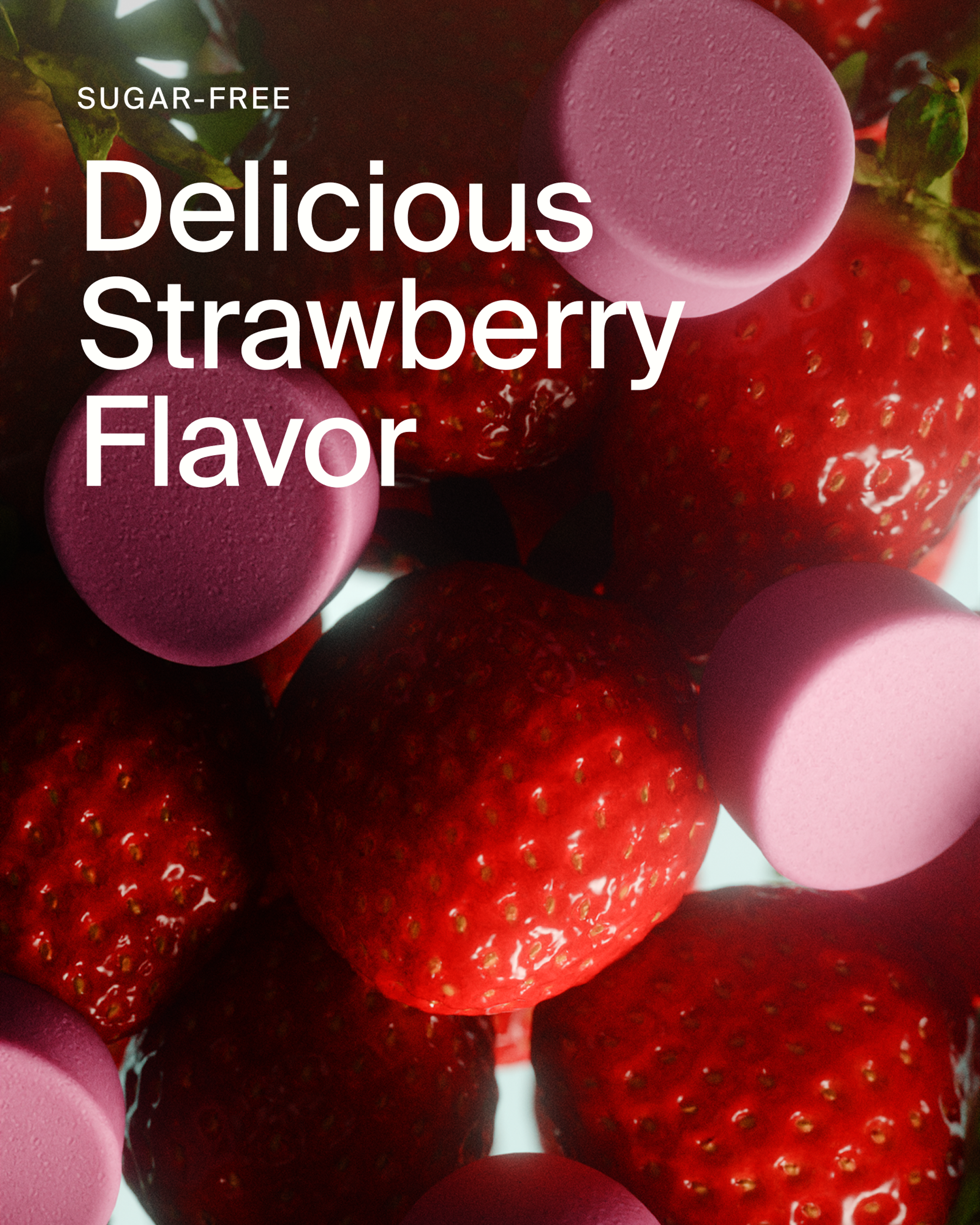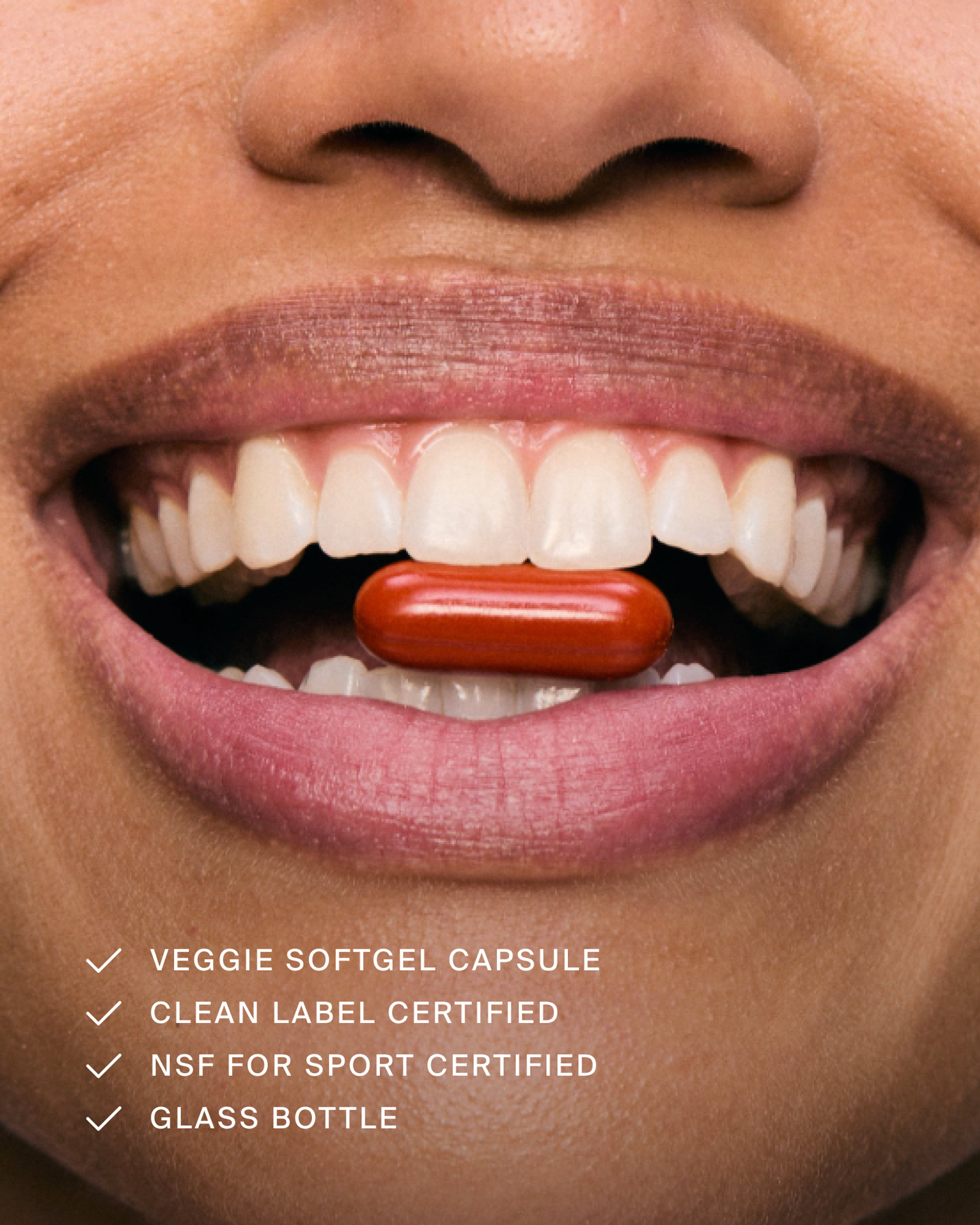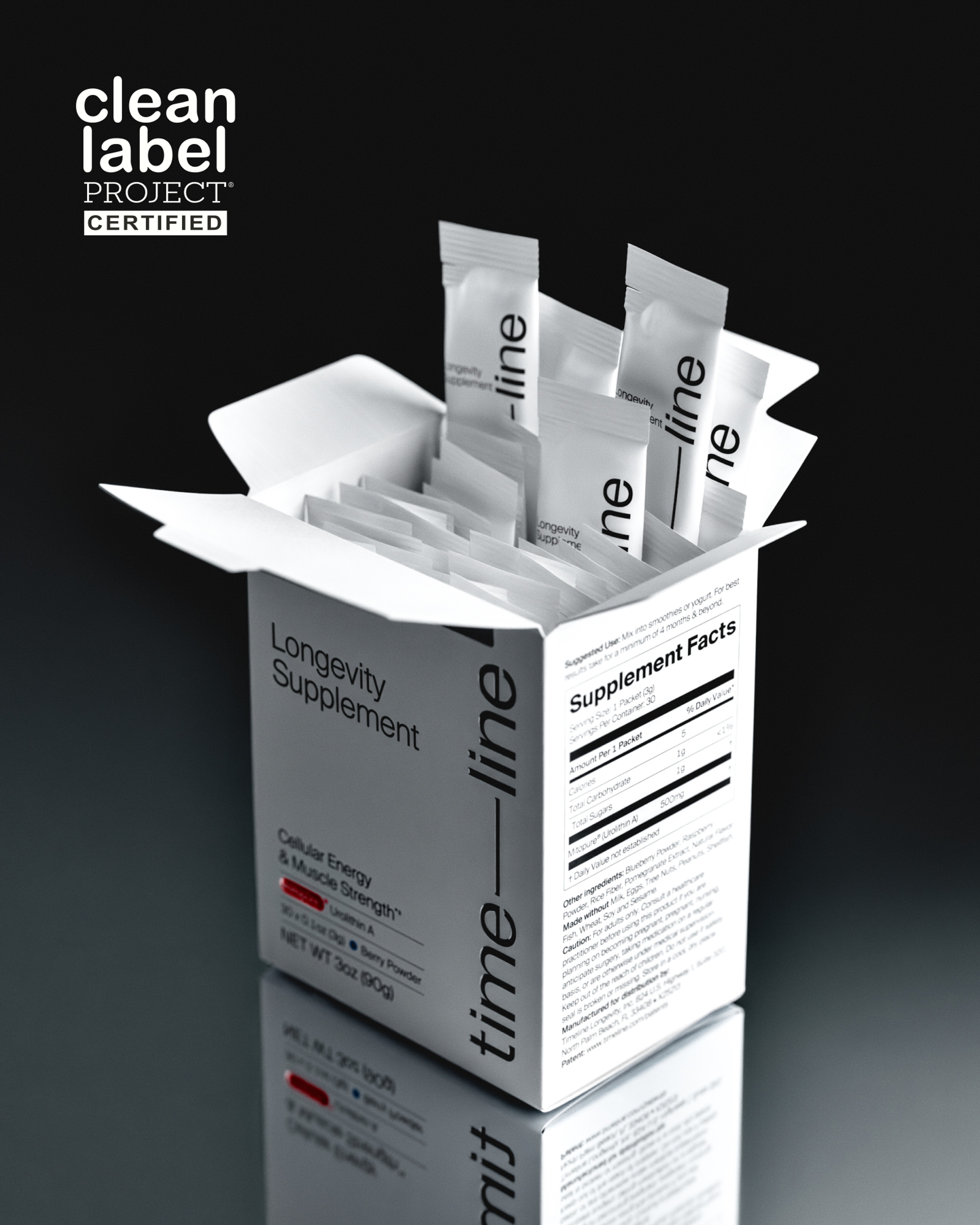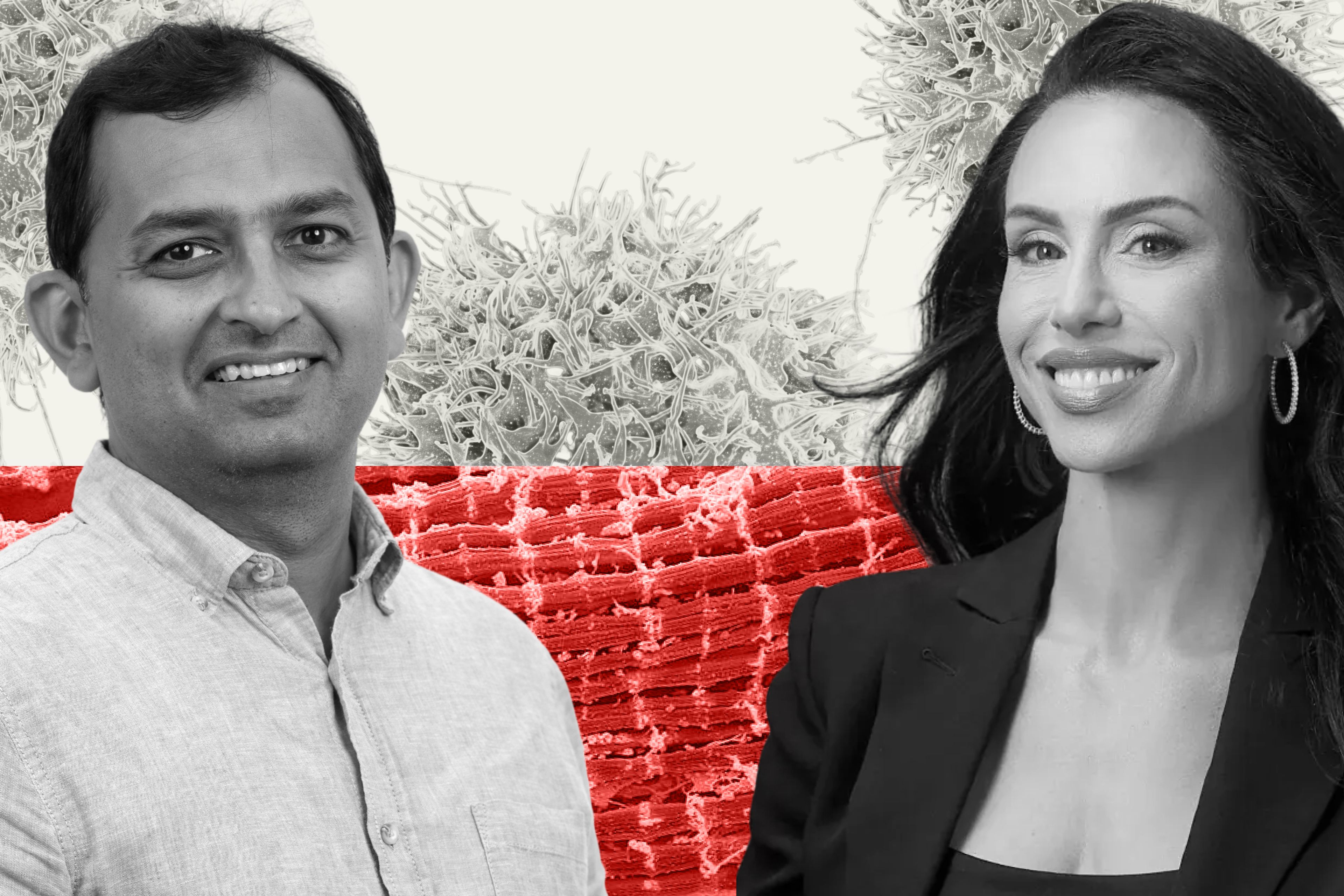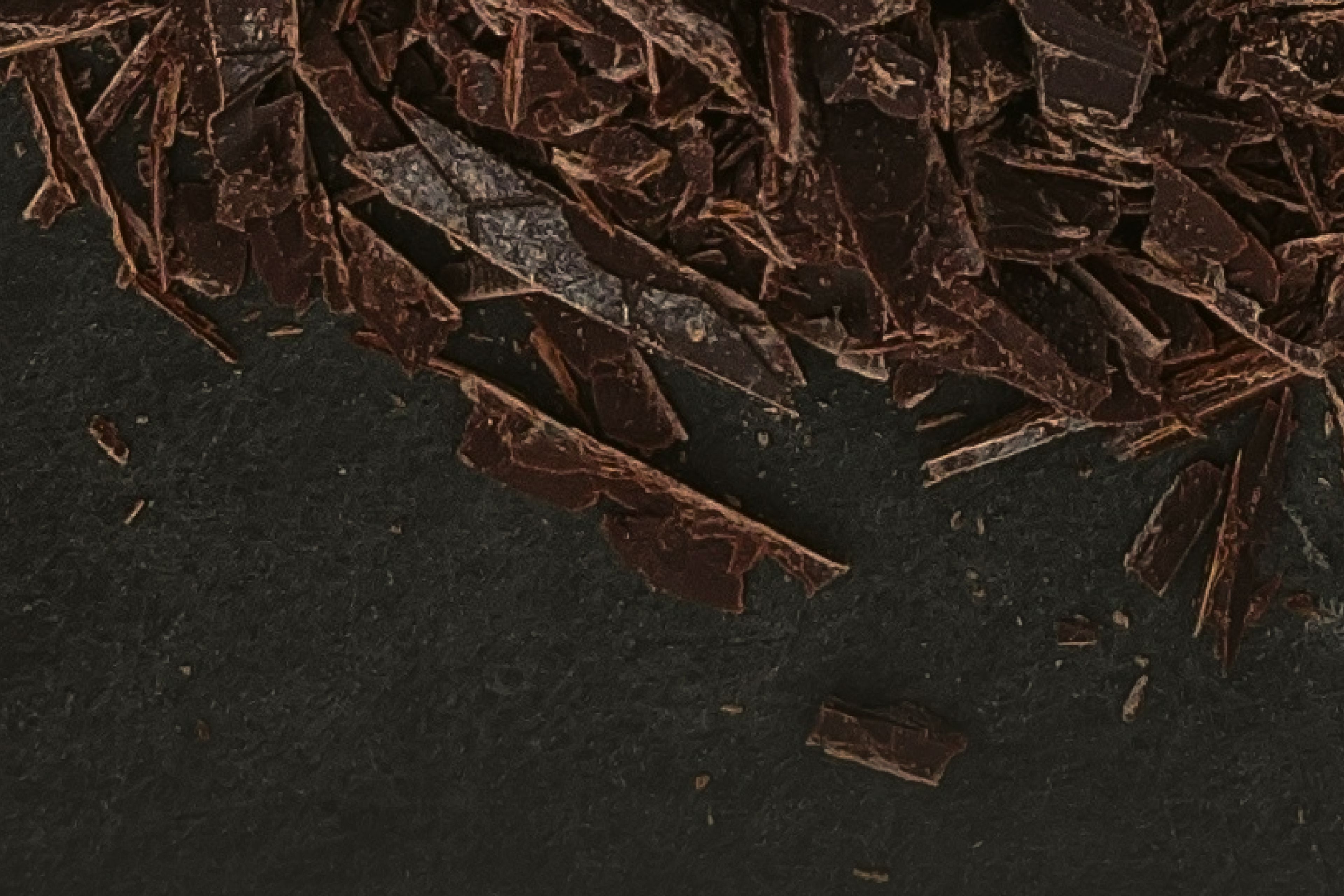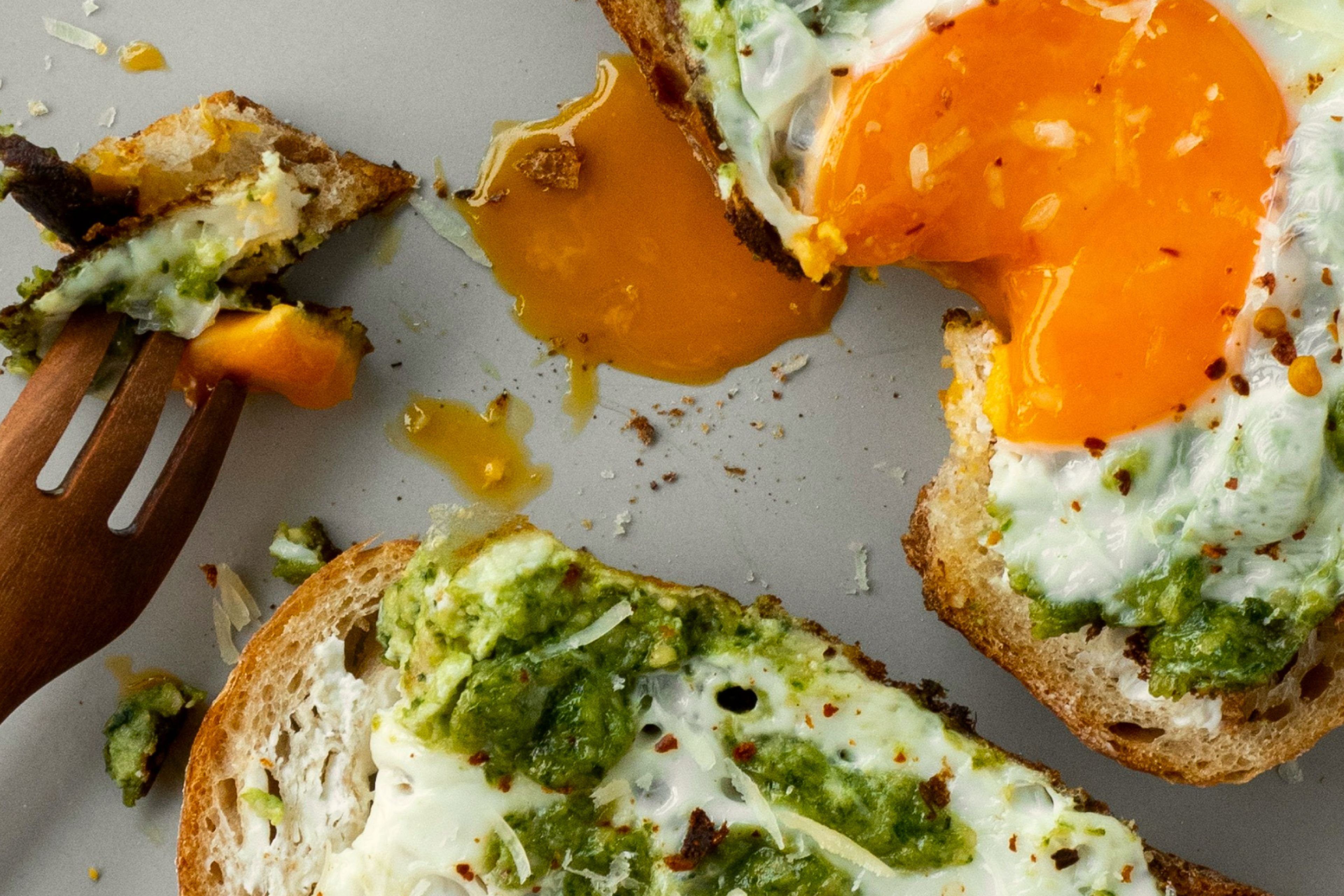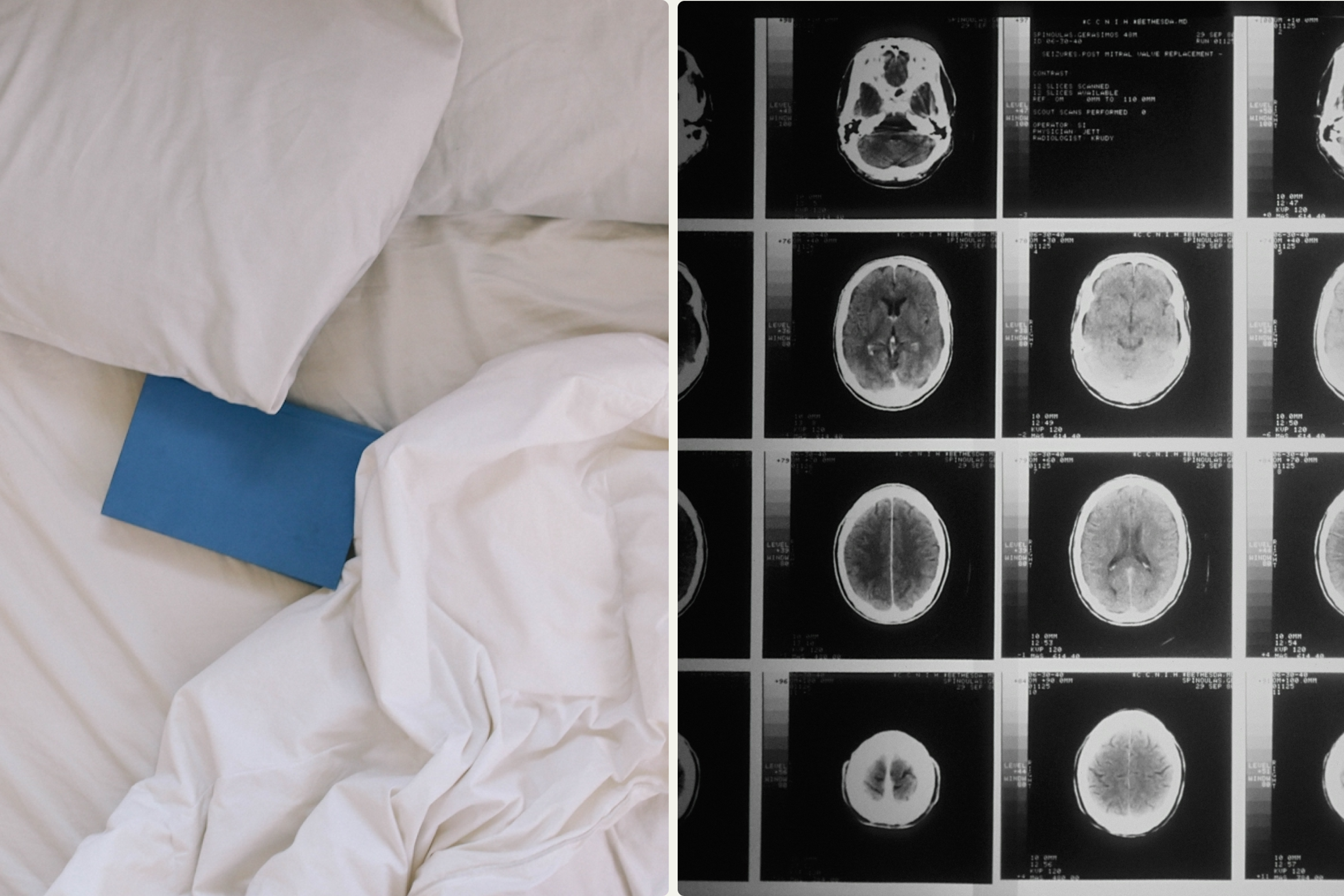Inducing autophagy through lifestyle habits
Unlocking your body's hidden superpower: the art of inducing autophagy through lifestyle habits for optimal health and longevity.

What to know
Autophagy is the breakdown and recycling of old or damaged cells to create newer, healthier ones.
Consuming a diet rich in antioxidant compounds called “flavonoids” may be one way to induce autophagy.
Supplements like Mitopure® can induce this process.
Caloric restriction and fasting are one of the most studied ways to induce autophagy.
Exercise is an additional strategy shown to promote autophagy throughout the body.
Four ways to induce autophagy
Twelve distinct biological processes, often referred to as hallmarks of aging, are intricately at play within the human body.[1] Focusing on lifestyle factors that address these processes can help us to age better and helps to prevent the chronic conditions associated with aging. Among these processes, one that has recently garnered significant attention is autophagy.
Autophagy refers to the breakdown and recycling of old or damaged cells to create new healthier cells.[2] Given this, there is great interest in determining ways to induce autophagy, and several lifestyle-related factors have been identified.
Consume foods rich in flavonoids
Flavonoids are a type of naturally occurring chemical found in many plant-based foods. We find flavonoids in our diet from colorful fruits, vegetables, green tea, wine, and cocoa.

These compounds have been well studied regarding health promotion and disease prevention, and now research has demonstrated that one way they do this is by stimulating autophagy.[3]
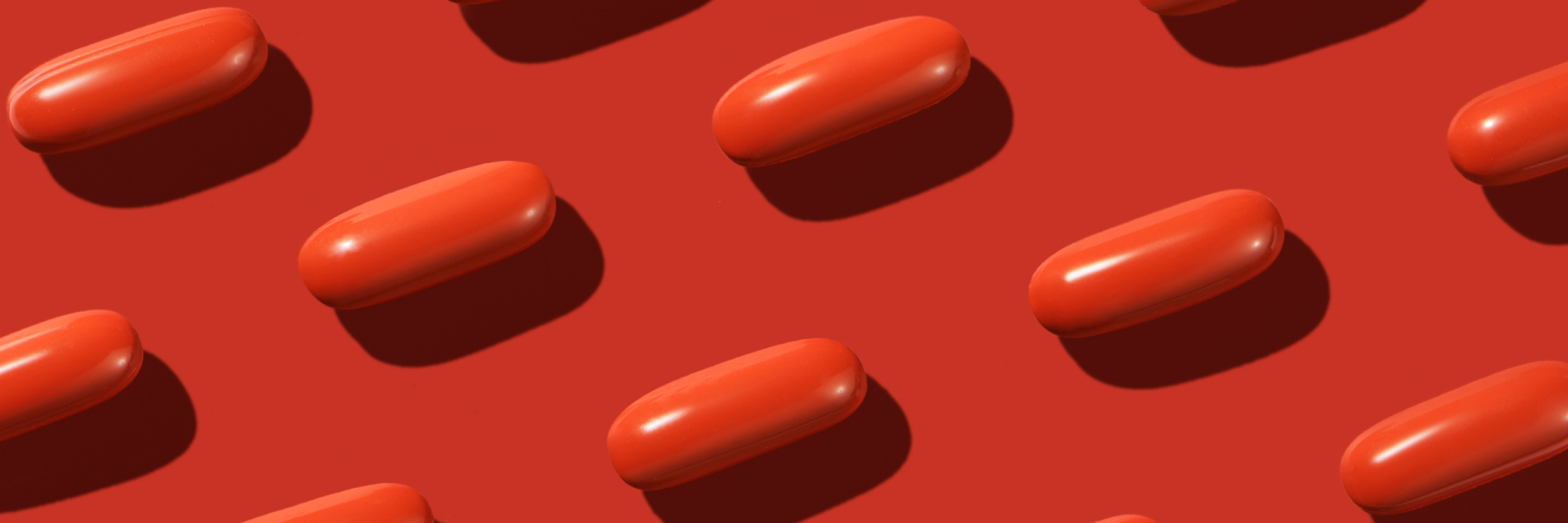
Consider supplements
Some nutrients, when taken in supplement form, can induce autophagy:
- Zinc: Zinc supplementation can stimulate autophagy, making it a keen area for scientific research in conditions of age-related macular degeneration. Most of these studies have been conducted using animal models, so additional research is still needed to demonstrate its benefits and safety in humans[4].
- Mitopure®: Urolithin A is produced in the gut as a metabolite of polyphenols from nuts, berries, and pomegranate. It has been clinically proven to stimulate mitophagy, a type of autophagy that specifically targets the mitochondria.[5] Mitopure has been clinically shown to improve cellular energy, muscle strength, and performance.[6]
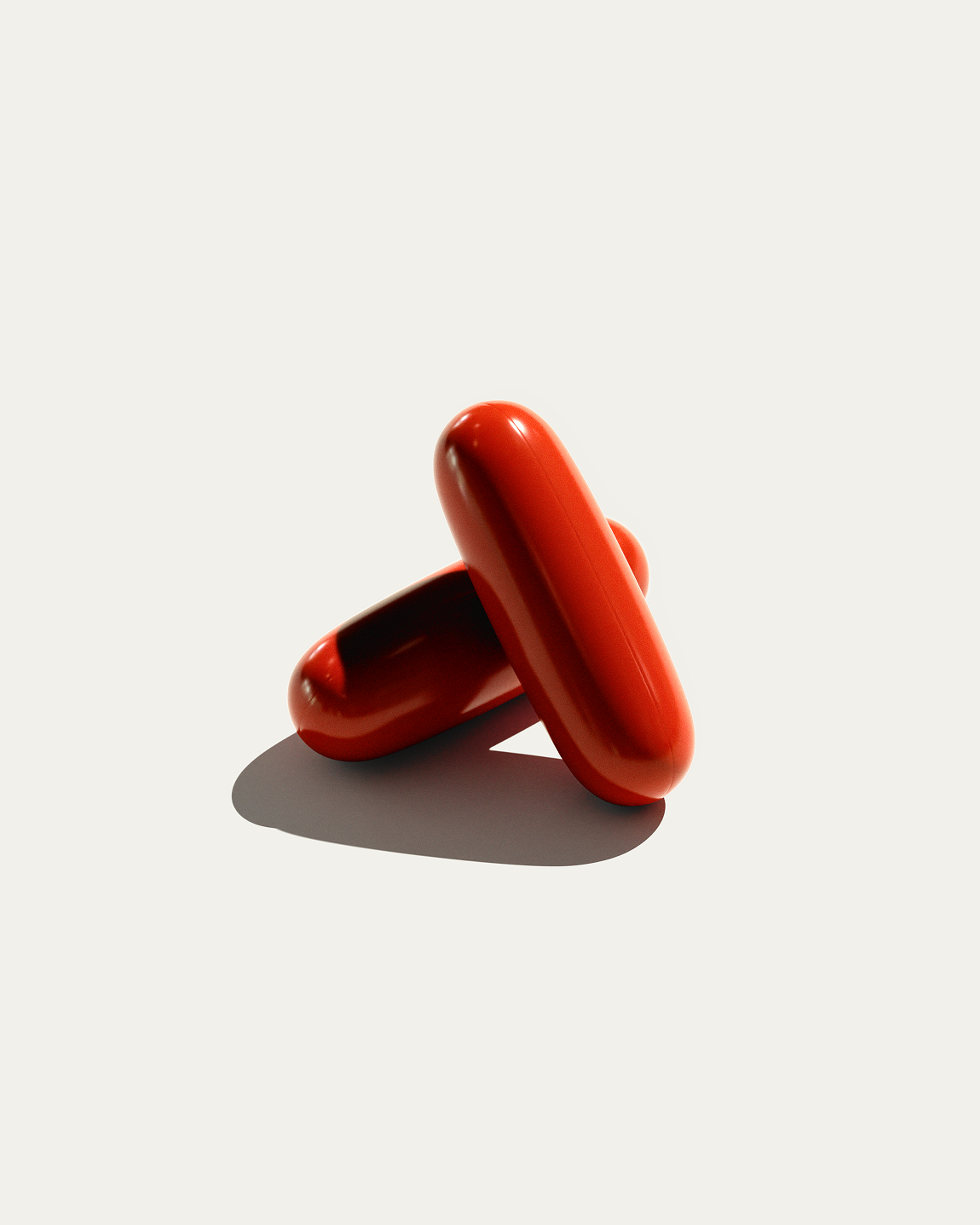
Mitopure Softgels
4.5 · 3888 reviews
The simplest form of Mitopure
- Polyphenols: When taken in supplement form, polyphenols may also work to induce autophagy and promote healthy aging. These compounds, such as resveratrol, work not only to induce autophagy but also to neutralize potentially harmful compounds in the body, positively affecting cell function. Additional research is needed to determine the appropriate dosage of polyphenol supplements and investigate any potential toxic effects.[7]
- Spermidine: Spermidine, found in foods like wheat germ and cereal grains, can promote autophagy. Diets high in spermidine have been linked to improved health span; however, it is unclear if supplementation offers the same protection.[8]
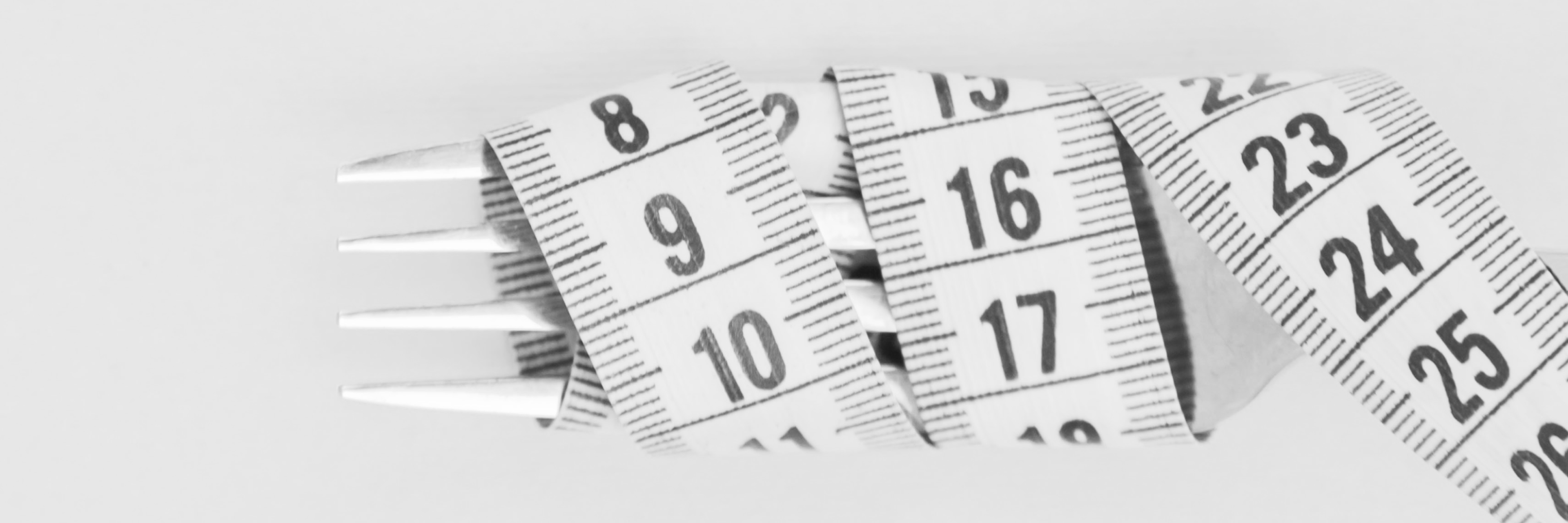
Restrict calories
Traditionally, fasting and caloric restriction have been thought to extend life. Research has shown that they are the most potent non-genetic stimulators of autophagy and that food deprivation induces autophagy in several tissues and organs in the human body.[9]

Exercise
Exercise upregulates autophagy in several tissues and shares a common pathway to caloric restriction. Interestingly, the autophagic response continues after exercise is completed, and it induces autophagy throughout the entire body, not just in the skeletal muscle.[10]
Final words
Given the focus on lifestyle modification for healthy aging, autophagy will continue to be a subject of interest. Eating a nutritious diet, getting enough exercise, and practicing calorie restriction or fasting should be foundational strategies to induce autophagy.
Supplements like Mitopure® can be great additions to further optimize mitophagy and cellular health.
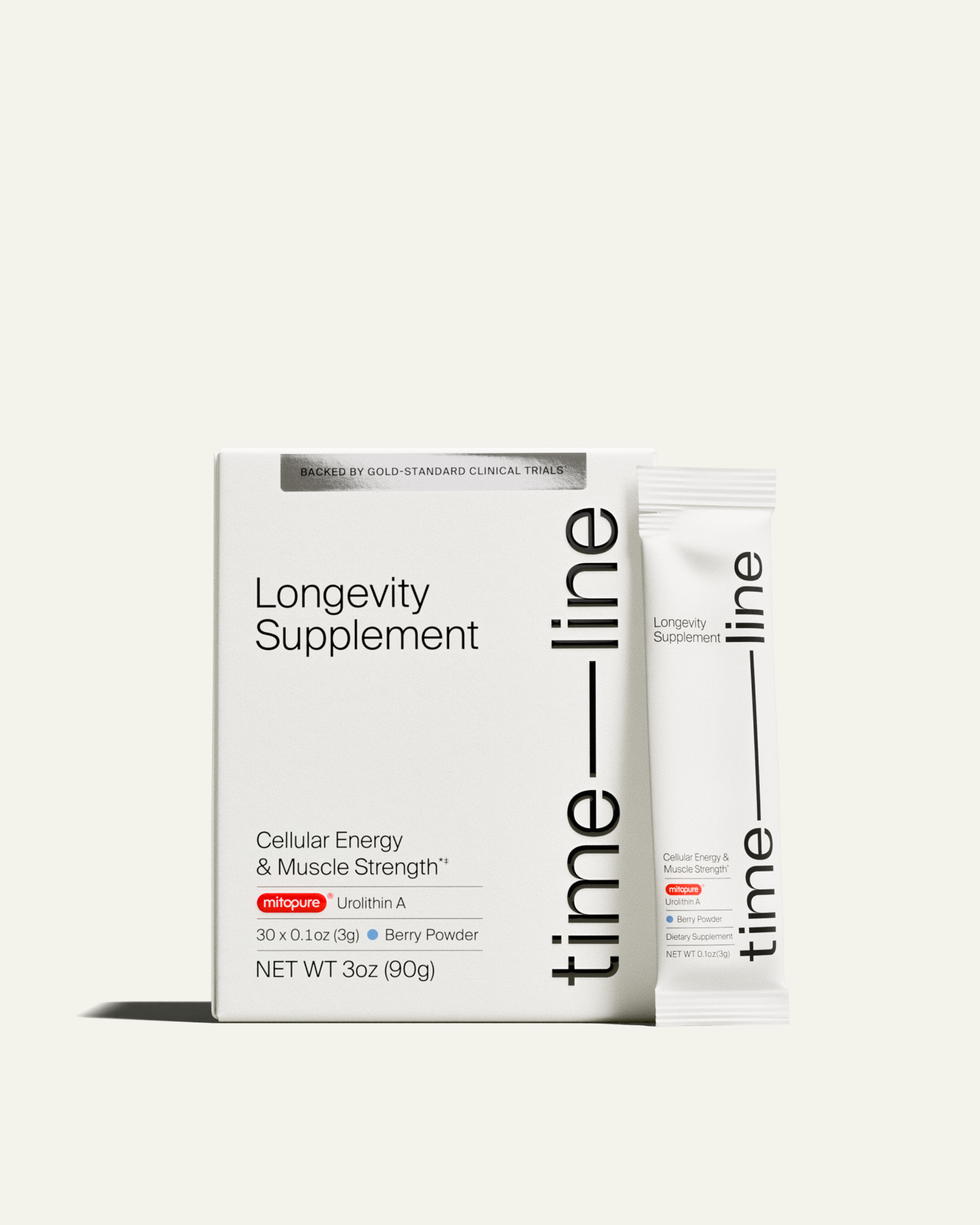
Mitopure Powder
4.5 · 1053 reviews
A tasty addition to your health routine
Authors

Author
Professor of Nutrition & Scientific Writer

Reviewer
Lead Regulatory Affairs & Scientific Manager Alliances at Timeline
References
- ↑
López-Otín C, Blasco MA, Partridge L, Serrano M, Kroemer G. Hallmarks of aging: An expanding universe. Cell. Published online January 3, 2023. doi:10.1016/j.cell.2022.11.001
- ↑
Cao W, Li J, Yang K, Cao D. An overview of autophagy: Mechanism, regulation and research progress. Bull Cancer. 2021 Mar;108(3):304-322. doi: 10.1016/j.bulcan.2020.11.004. Epub 2021 Jan 8. PMID: 33423775.
- ↑
Pang X, Zhang X, Jiang Y, Su Q, Li Q, Li Z. Autophagy: Mechanisms and Therapeutic Potential of Flavonoids in Cancer. Biomolecules. 2021 Jan 21;11(2):135. doi: 10.3390/biom11020135. PMID: 33494431; PMCID: PMC7911475.
- ↑
Blasiak J, Pawlowska E, Chojnacki J, Szczepanska J, Chojnacki C, Kaarniranta K. Zinc and Autophagy in Age-Related Macular Degeneration. Int J Mol Sci. 2020 Jul 15;21(14):4994. doi: 10.3390/ijms21144994. PMID: 32679798; PMCID: PMC7404247.
- ↑
Andreux PA, Blanco-Bose W, Ryu D, Burdet F, Ibberson M, Aebischer P, Auwerx J, Singh A, Rinsch C. The mitophagy activator urolithin A is safe and induces a molecular signature of improved mitochondrial and cellular health in humans. Nat Metab. 2019 Jun;1(6):595-603. doi: 10.1038/s42255-019-0073-4. Epub 2019 Jun 14. PMID: 32694802.
- ↑
Singh A, D'Amico D, Andreux PA, Fouassier AM, Blanco-Bose W, Evans M, Aebischer P, Auwerx J, Rinsch C. Urolithin A improves muscle strength, exercise performance, and biomarkers of mitochondrial health in a randomized trial in middle-aged adults. Cell Rep Med. 2022 May 17;3(5):100633. doi: 10.1016/j.xcrm.2022.100633. PMID: 35584623; PMCID: PMC9133463.
Liu S, D’Amico D, Shankland E, et al. Effect of Urolithin A Supplementation on Muscle Endurance and Mitochondrial Health in Older Adults: A Randomized Clinical Trial. JAMA Netw Open. 2022;5(1):e2144279. doi:10.1001/jamanetworkopen.2021.44279
- ↑
Yessenkyzy A, Saliev T, Zhanaliyeva M, Masoud AR, Umbayev B, Sergazy S, Krivykh E, Gulyayev A, Nurgozhin T. Polyphenols as Caloric-Restriction Mimetics and Autophagy Inducers in Aging Research. Nutrients. 2020 May 8;12(5):1344. doi: 10.3390/nu12051344. PMID: 32397145; PMCID: PMC7285205.
- ↑
Madeo F, Carmona-Gutierrez D, Kepp O, Kroemer G. Spermidine delays aging in humans. Aging (Albany NY). 2018 Aug 6;10(8):2209-2211. doi: 10.18632/aging.101517. PMID: 30082504; PMCID: PMC6128428.
- ↑
Bagherniya M, Butler AE, Barreto GE, Sahebkar A. The effect of fasting or calorie restriction on autophagy induction: A review of the literature. Ageing Res Rev. 2018 Nov;47:183-197. doi: 10.1016/j.arr.2018.08.004. Epub 2018 Aug 30. PMID: 30172870
- ↑
Møller AB, Vendelbo MH, Christensen B, Clasen BF, Bak AM, Jørgensen JO, Møller N, Jessen N. Physical exercise increases autophagic signaling through ULK1 in human skeletal muscle. J Appl Physiol (1985). 2015 Apr 15;118(8):971-9. doi: 10.1152/japplphysiol.01116.2014. Epub 2015 Feb 12. PMID: 25678702.
Disclaimer
The information in this article is for informational purposes only and should not be taken as medical advice. Always consult with your medical doctor for personalized medical advice.
